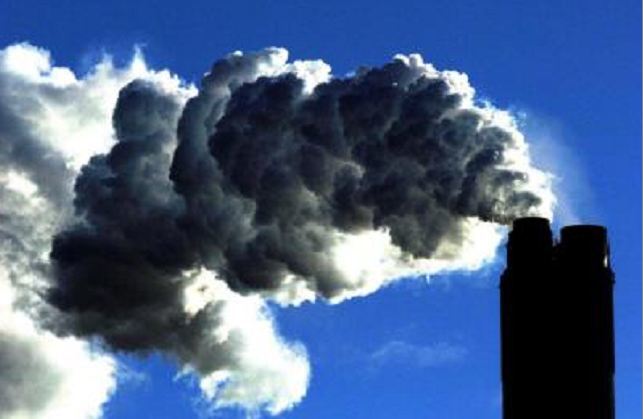
Scotland is “punching above its weight” in the fight against climate change, environment minister Aileen McLeod said as a new report showed how reusing and repairing more products could help reduce greenhouse gas emissions.
The Scottish Government has failed to meet its emissions targets for four years in a row but Ms McLeod insisted the country was on track to cut these by 42% before the 2020 target.
Reusing, repairing and re-manufacturing products and materials could cut emissions by up to 11 million tonnes of carbon dioxide equivalent (MtCO2e) by 2050, a new report from Zero Waste Scotland has concluded.
That would be the equivalent of reducing return journeys between Edinburgh and Glasgow on the busy M8 motorway by almost 275 million.
The study said that moving away from the current “take, make and dispose“ economic model to a more “circular economy” could deliver “substantial emissions reductions and at the same time, strong and sustained economic growth for Scotland”.
Ms McLeod, who is attending the European Union Environment Council in Luxembourg, said: “Scotland is already recognised internationally as a leader in tackling climate change and the movement towards becoming a circular economy – and this report is further proof of how we are punching above our weight on the world stage.
“Scotland’s target of a 42% cut in greenhouse gas emissions by 2020 is the most ambitious in the world and we are on track to meet this ahead of schedule – although we must all do more.”
Ms McLeod added: “The consumption of materials is responsible for over two-thirds of Scotland’s carbon emissions – and this report underlines the need to bring an end to our throwaway society.
“We can all take simple steps to do this, for example by reusing carrier bags, hiring clothes for a special event or repairing broken toys instead of buying new ones.
“We want to hear the public’s ideas for how they can £MakeThingsLast and contribute towards a more circular economy for Scotland.”
She called on other countries to follow Scotland’s lead by “striving for the highest global ambition to tackle climate change”.
Ms McLeod said this would be essential if a new international treaty on climate change, due to be signed in Paris in December, is to “stand a good chance of limiting global warming to less than two degrees Celsius”.
Recommended for you
